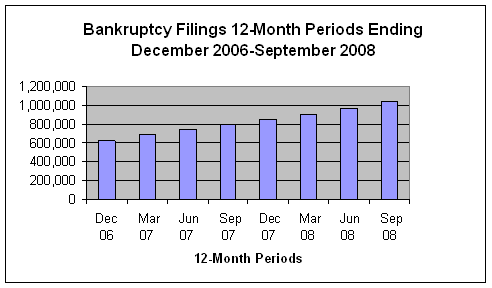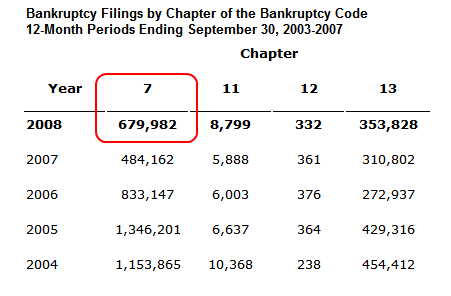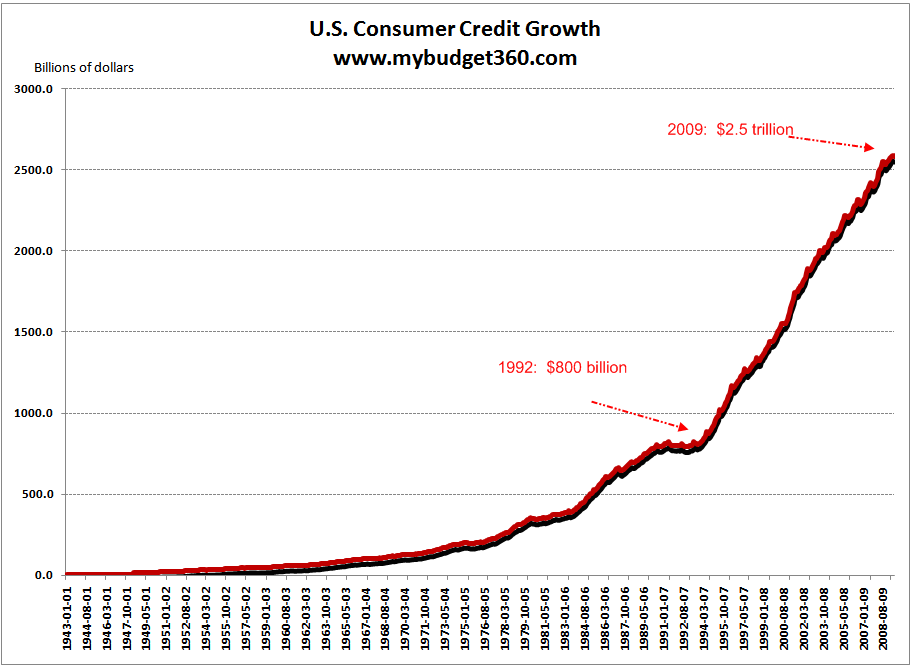 A consumer credit agreement, or consumer hire agreement, other than an exempt agreement, and “regulated” and “unregulated” agreements will come within the meaning of “regulated agreement.
A consumer credit agreement, or consumer hire agreement, other than an exempt agreement, and “regulated” and “unregulated” agreements will come within the meaning of “regulated agreement.A “debtor-creditor-supplier agreement” is a regulated consumer credit agreement a restricted-use credit agreement, or a restricted-use credit agreement which falls made by the creditor under pre-existing arrangements, or in contemplation of future arrangements, between himself and the supplier, or an unrestricted-use credit agreement which is made by the creditor under pre-existing arrangements between himself and the supplier other than the debtor in the knowledge that the credit is to be used to finance a transaction between the debtor and the supplier, as envisaged under Section 12 of CCA 1974. The funding agreement was not a credit agreement for the purposes of the Consumer Credit Act 1974 , nor was the relationship arising out of the agreement unfair and the creditors were not consumers for the purposes of the Unfair Terms in Consumer Contracts Regulations 1999 as held by Justice Andrew Smith of QB in Maple Leaf M VM Fund v.
A restricted-use credit agreement is a regulated consumer credit agreement, to finance a transaction between the debtor and the creditor, whether forming part of that agreement or not, or to finance a transaction between the debtor and the supplier other than the creditor, or to refinance any existing indebtedness of the debtor's, whether to the creditor or another person. An unrestricted-use credit agreement is a regulated consumer credit agreement in which the credit is in fact provided in such a way as to leave the debtor free to use it as he chooses, even though, certain uses would contravene that or any other agreement. A running-account credit is a facility under a consumer credit agreement whereby the debtor is enabled to receive from time to time from the creditor or a third party cash, goods and services to an amount or value such that, taking into account payments made by or to the credit of the debtor.
He is liable to keep books or other records in the course of business along with the record that contains the details of persons with whom he does the business and those people who seeks to do business with him. A licence held by the creditor shall be terminated either by operation of law or if the Office of Fair Trading suspend the licence. The debtor is not liable to repay the credit if the person who gives a credit is disguised that he holds a licence or the existing licence had been terminated. The creditor shall canvass or advertise regarding an offer of credit only in accordance with the regulations promulgated by the Office of Fair Trading from time to time, and the same should be with in the trade premises of the creditor. A credit token shall only be given who request for that. A duty is cast upon the creditor to display regarding the information about the business consumer credit in the premises in which he carryon the business of consumer credit as per section 53 of CCA 1974.
 A creditor or any person who negotiate for and on behalf of him with the debtor or hirer prior to the execution of the regulated agreement is termed as a negotiator and such negotiation is termed as an antecedent negotiation as per section 56 (1) of CCA 1974. A negotiator other than the creditor or owner in relation to the making of the agreement is deemed to be conducted such negotiation as an agent of the creditor and negotiated for and on behalf of the creditor as per section 56 (2) of CCA 1974. If in a regulated agreement or in a prospective regulated agreement the negotiator who acts for and behalf of creditor is named as an agent of the debtor or hirer the agreement will become void as per section 56 (3) of CCA 1974.
A creditor or any person who negotiate for and on behalf of him with the debtor or hirer prior to the execution of the regulated agreement is termed as a negotiator and such negotiation is termed as an antecedent negotiation as per section 56 (1) of CCA 1974. A negotiator other than the creditor or owner in relation to the making of the agreement is deemed to be conducted such negotiation as an agent of the creditor and negotiated for and on behalf of the creditor as per section 56 (2) of CCA 1974. If in a regulated agreement or in a prospective regulated agreement the negotiator who acts for and behalf of creditor is named as an agent of the debtor or hirer the agreement will become void as per section 56 (3) of CCA 1974.4 All E.R. 99, held while allowing the appeal, “ …..that the mere fact that the agreed value for the first car cancelled out the amount still outstanding upon it did not mean that there had been two transactions. Where goods which would be the subject of a debtor, creditor, supplier agreement, were sold or proposed to be sold by a broker, then any negotiations relating to those goods would be deemed to have been made by the negotiator on behalf of the creditor.
A jointly and severally liability is cast upon the creditor, to the debtor for any misrepresentation or breach of contract done by the supplier in connection with a debtor- creditor- supplier agreement, with respect to a commercial transaction.
The appellants / plaintiffs filed a suit against the creditors in pursuant to section 56 (2) and 75 of CCA 1974. The court held that the a cause of action will arose in UK, in the applicability of debtor- creditor supplier agreement, even if the subject matter is situated outside the territorial jurisdiction of UK courts. I can see no reason at all for supposing that parliament intended to enact in relation to the statutory cause of action conferred by section 75 (or section 56) any jurisdictional requirement to be observed in proceeding against the supplier. But I do not think that the answer to the question lies in the principles established by the European court of justice in the interpretation of the words.
The Office of Fair Trading brought proceedings seeking declarations in relation to certain issues concerning connected lender liability arising under section 75 (1) of CCA 1974, against a creditor, in Office of Faire Trading v Lloyds TSB Bank plc.
The creditor had to bring its commercial power to bear on the recalcitrant supplier to fulfil the debtor’s right in circumstances where the supplier was still in a position to provide a remedy. Section.75 of CCA 1974 provide useful security to debtors who would otherwise have suffered when namesake companies and paper companies went out of business, having failed to fulfil their commitments but having already grabbed the debtors money.
The dealer who sold the goods to the creditor under Section 56(1)(b) could be termed as a credit-broker. However negotiations which are “antecedent” to the conclusion of the relevant agreement which apply to statutory agencies under section 56(1) (b) and (c). Section 69(6) provides that the dealer is the deemed agent and section 102 deals with notice of rescission where again the dealer is the deemed agent. Section 56(1) establishes a statutory agency for negotiations that are antecedent to the conclusion of the relevant agreement.



0 comments:
Post a Comment